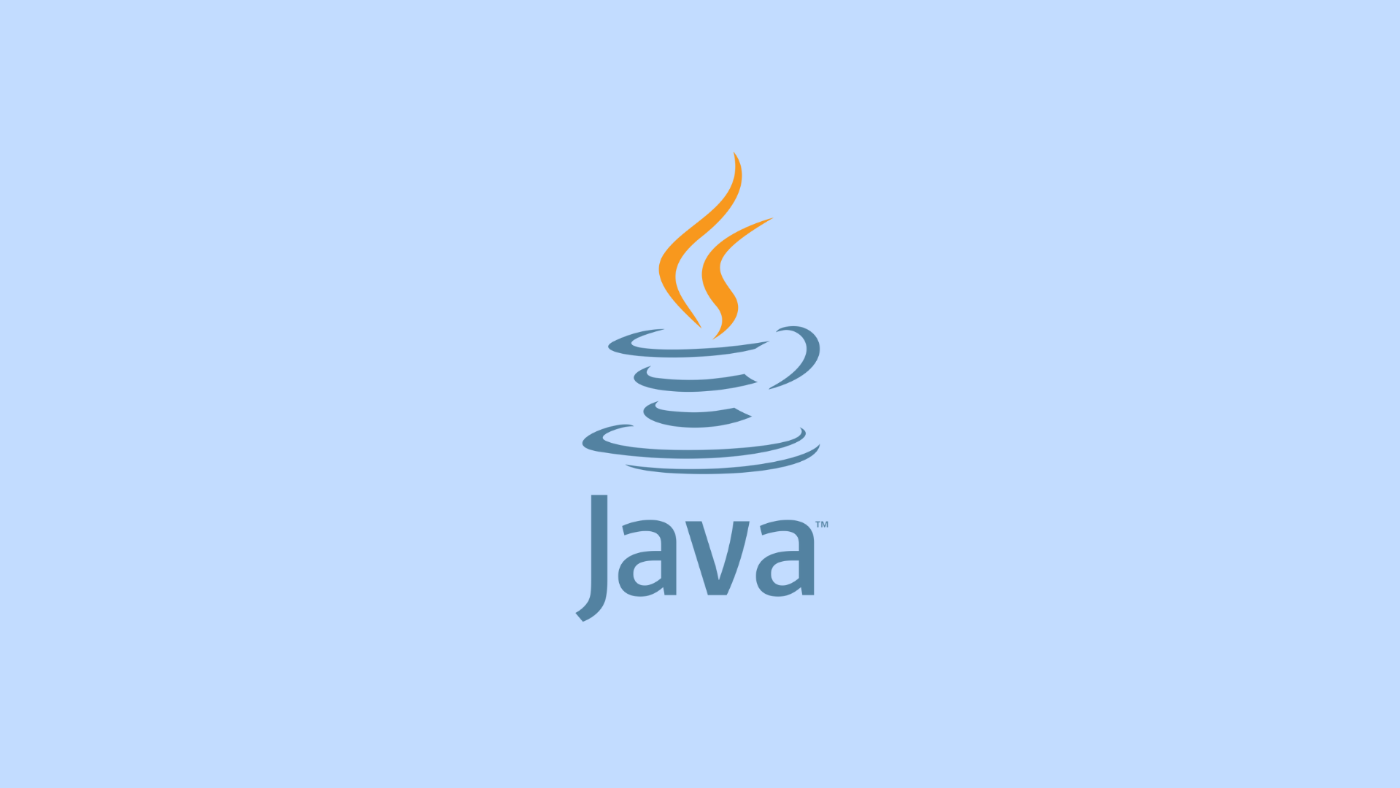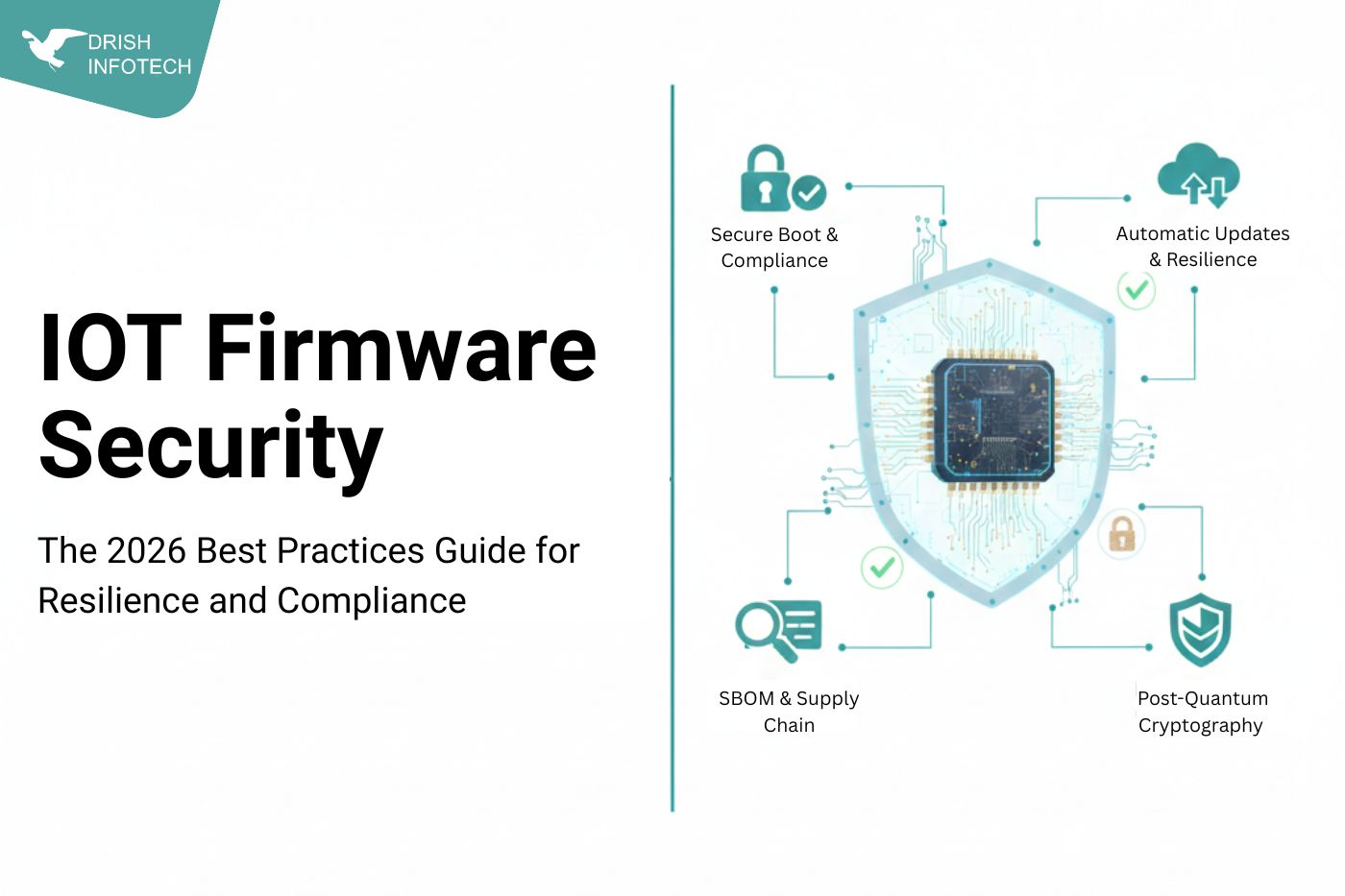So, you’re here because you’re thinking about hiring a Java developer. Great choice. Java may not sound as “shiny” as some newer languages, but here’s the truth—it powers a huge chunk of the world’s tech infrastructure. Banks? Java. E-commerce giants? Java. Even a lot of the apps on your phone run thanks to Java. If you want serious scalability, security, and performance, then at some point you’ll need to hire a Java developer or better yet, hire dedicated Java developers who know how to build things that last. But here’s the tricky part—there are thousands of Java developers for hire out there. The real question is: how do you find the right fit? Should you hire remote Java developers overseas? Should you build an in-house team? Or do you just grab a freelancer off the internet and hope for the best? That’s exactly what we’re going to break down in this guide.
Introduction to Java Development
- Introduction to Java Development
- Why Businesses Still Rely on Java Developers
- Why Hire a Java Developer?
- Skills to Look for in a Java Developer
- Different Types of Java Developers
- Hiring Models for Java Developers
- Where to Find Java Developers for Hire
- Steps to Successfully Hire Java Developers
- Cost of Hiring Java Developers
- Challenges in Hiring Java Developers
- Future of Java Development and Why You Should Hire Java App Developers
- In-House vs Remote vs Offshore Java Developers
- Tips to Onboard and Retain Java Developers
- How to Scale Your Development Team with Java Experts
- Conclusion: Why Hiring the Right Java Developer Matters
What is Java and Why It Matters
Java is often described as the “workhorse” of programming languages. It’s not flashy, but it’s everywhere. From backend systems to Android apps, Java’s “write once, run anywhere” philosophy makes it one of the most dependable choices for businesses.
Think of it like electricity—you don’t always see it, but it’s powering everything in the background. Without Java, a lot of the tech we take for granted wouldn’t function. That’s why when companies decide to hire Java app developers, they’re not just filling a position—they’re bringing in the people who keep their systems running smoothly.
And because Java is so stable and versatile, it’s been adopted in industries that can’t afford downtime. We’re talking banks, hospitals, telecoms, governments. In short, sectors where mistakes cost millions (or even lives).
Why Businesses Still Rely on Java Developers
Every few years, a new “hot” programming language pops up. Yet Java doesn’t fade away. Why? Because it’s battle-tested. It can handle massive traffic, huge amounts of data, and complex systems without breaking a sweat.
So when you hire a Java developer, you’re not gambling on unproven tech—you’re betting on something that has 25+ years of success behind it. That’s a safe bet for any business.
Why Hire a Java Developer?
Advantages of Hiring a Skilled Java Developer
Let’s get real—hiring the right developer can make or break your project. Here’s what you get when you decide to hire dedicated Java developers instead of going with generalists:
Scalability – Your app won’t crash the moment users double or triple.
Security – Built-in features protect sensitive data (crucial for finance and healthcare).
Cross-Platform Strength – Build once, run anywhere. That’s less work, more reach.
Community Support – Millions of Java developers for hire worldwide means constant innovation and problem-solving.
Enterprise Solutions – Perfect for companies building ERP, CRM, or custom enterprise tools.
Now, compare that to hiring a random developer who dabbles in a dozen languages. Sure, they might get the job done—but will it scale? Will it be secure? That’s the difference a seasoned Java pro brings.
Industries That Can’t Survive Without Java
If you look closely, you’ll see Java everywhere:
Banking & Finance – Secure transaction systems.
E-commerce – Shopping carts, payment gateways, and logistics systems.
Healthcare – Patient portals, record systems, telemedicine platforms.
Telecom – Network and billing platforms.
Education – Learning management systems (LMS).
If you’re in one of these industries, hiring a Java developer for hire isn’t just a good idea—it’s mission-critical.
Skills to Look for in a Java Developer
Okay, so you’re convinced you need to hire Java developers. Now what? You need to know what to look for.
Core Technical Skills
At the very least, a solid Java developer for hire should have:
- Deep understanding of Java SE (basics, OOP, algorithms).
- Knowledge of Java EE for enterprise systems.
- Experience with frameworks like Spring, Hibernate, Struts.
- Database skills (SQL & NoSQL).
- Familiarity with APIs, microservices, and cloud deployment.
- Comfort with IDEs and build tools like Eclipse, IntelliJ IDEA, Maven, Gradle.
Soft Skills That Matter
When you hire remote Java developers, communication and teamwork are just as important as coding. Look for developers who:
- Can explain complex tech simply.
- Adapt quickly to new tools.
- Solve problems logically.
- Collaborate with designers, testers, and managers.
A developer with poor communication might deliver code, but you’ll spend twice as long fixing misunderstandings.
Certifications That Add Trust
While not mandatory, certifications give you peace of mind. Some worth noting:
- Oracle Certified Professional (OCP)
- Spring Professional Certification
- Oracle Certified Master (OCM)
If you’re going to hire offshore Java developers, these certifications are especially useful to validate skills.
Different Types of Java Developers
Not all developers are created equal. When you’re searching for Java developers for hire, you’ll come across three broad levels:
Junior Java Developers
- 0–2 years experience.
- Handle smaller tasks, bug fixes, and support roles.
- Perfect for startups with limited budgets who want to hire a Java developer at an entry level.
Mid-Level Java Developers
- 3–5 years experience.
- Can independently manage modules and databases.
- Ideal if you want to hire dedicated Java developers who can carry projects without constant supervision.
Senior Java Developers & Architects
- 7+ years of hands-on experience.
- Design large-scale systems, lead teams, and ensure scalability.
- The right choice if you need enterprise-grade solutions and want to hire offshore Java developers or in-house leaders for complex projects.
Hiring Models for Java Developers
Now let’s talk about the different ways you can actually bring talent on board.
In-House Hiring
- You recruit directly.
- Best for companies needing long-term stability.
- Works well if you want to hire Java app developers for ongoing product development.
Freelancers
- Good for short-term, low-budget tasks.
- Many businesses find Java developers for hire on Upwork, Fiverr, or Toptal.
- But beware: reliability can vary.
Outsourcing & Offshore Development
- The most popular option for cost-effectiveness.
- You can hire remote Java developers or even an entire offshore team.
- Companies like Drish Infotech specialize in this model, letting you scale quickly without recruitment headaches.
Where to Find Java Developers for Hire
Now that you know what kind of talent you’re looking for, the big question is—where do you actually find them? The internet is flooded with options, but not every path leads to the right hire. Let’s explore the most common places businesses go when they want to hire a Java developer.
1. Job Portals and Career Networks
The traditional route still works. Platforms like LinkedIn, Indeed, Glassdoor are full of Java developers for hire. This method is ideal if you want to recruit full-time, in-house employees. You get to check resumes, see recommendations, and even view portfolios before making a decision.
The downside? It can take weeks—or even months—to find the right candidate. And if you’re a startup that needs to move fast, that timeline might not work.
2. Freelance Platforms
Websites like Upwork, Toptal, Freelancer, Fiverr are loaded with profiles of Java developers for hire. If you only need to fix bugs, build a small feature, or test out a concept, this might be the most budget-friendly path.
But here’s the deal—freelancers aren’t always available long-term. If your project requires ongoing support, this option could turn into a revolving door of developers.
3. Outsourcing Companies
If you want to skip the hassle of recruitment altogether, outsourcing is your best friend. Companies like Drish Infotech already have vetted professionals ready to go. You can quickly hire dedicated Java developers or even hire offshore Java developers through them, without worrying about interviews, contracts, or HR overhead.
This is especially powerful for businesses that want to hire remote Java developers but don’t want the headache of managing payroll, compliance, and training.
Steps to Successfully Hire Java Developers
Hiring isn’t just about spotting a great resume. It’s about a process that ensures the person you bring on board is the right fit. Here’s a simple roadmap for finding your ideal Java developer for hire.
Step 1: Define Your Project Requirements
Before you even start searching, get clear on what you need. Are you building a mobile app? A complex enterprise system? Or just adding new features to an existing product? This clarity will help you decide whether you need to hire a Java app developer or go bigger and hire dedicated Java developers for the long haul.
Step 2: Shortlist Candidates
Once you start looking, you’ll find hundreds of potential developers. Narrow the list based on technical skills, experience, and budget. Look for candidates who have worked on similar projects before.
Step 3: Conduct Technical Interviews
Don’t just take resumes at face value. Test them. Have them write code, solve problems, or explain how they’d approach a real challenge your business faces. This step is non-negotiable if you want to hire a Java developer who can deliver results.
Step 4: Evaluate Soft Skills
If you’re going to hire remote Java developers or hire offshore Java developers, soft skills become even more critical. Can they communicate clearly? Do they work well with time zone differences? Are they proactive about updates?
Step 5: Seal the Deal
Once you’ve found the right fit, lock it in. Get contracts in place, outline project milestones, and set clear expectations. Then onboard them just like you would any in-house team member.
Cost of Hiring Java Developers
Let’s talk money—because no hiring guide would be complete without it. The cost of hiring depends on experience, location, and hiring model.
Average Hourly Rates
Type of Java Developer | Average Rate (USD) | Best Use Case |
Junior Java Developer | $20 – $40/hr | Entry-level tasks, bug fixing |
Mid-Level Java Developer | $40 – $70/hr | Full module development |
Senior Java Developer | $70 – $120+/hr | Enterprise-level projects |
Offshore Java Developer | $15 – $40/hr | Cost-effective global talent |
As you can see, location plays a big role. Developers in North America and Western Europe charge premium rates. On the other hand, when you hire offshore Java developers from Asia or Eastern Europe, you often get similar quality at much lower costs.
Why Offshore Hiring Makes Sense
For many companies, the decision to hire dedicated Java developers offshore isn’t just about saving money. It’s about getting access to a larger talent pool. Imagine interviewing 10 local candidates versus 200 global candidates. The chances of finding your “perfect match” are far higher in the second scenario.
And with remote work becoming the norm, businesses are now more comfortable than ever to hire remote Java developers from different corners of the world.
Challenges in Hiring Java Developers
Okay, so we’ve painted a pretty positive picture so far. But let’s be real—hiring isn’t always smooth sailing. Here are some challenges you might face when trying to hire a Java developer.
1. High Competition
Good Java developers are in demand everywhere. That means you’re not just competing with other startups—you’re also competing with big tech firms that can offer bigger salaries and perks.
2. Communication Barriers
When you hire offshore Java developers, time zones and language differences can sometimes create hiccups. This isn’t a dealbreaker, but it does require extra effort in communication.
3. Cultural Fit
Technical skills matter, but so does culture. You want developers who align with your work ethic and company values. Otherwise, even the most skilled Java app developers might not work out long-term.
4. Retention Issues
Developers get offers all the time. If your company doesn’t provide engaging work, there’s a risk your new hire might leave for greener pastures. That’s why onboarding, career growth, and good communication are key.
Future of Java Development and Why You Should Hire Java App Developers
Now let’s look ahead. Why should businesses continue to hire Java developers when so many other languages exist?
1. Java in Emerging Technologies
Java isn’t just a “legacy” language—it’s evolving. It’s being used in big data, AI, IoT, and cloud computing. If your company is moving into these areas, it makes sense to hire dedicated Java developers who can keep you ahead of the curve.
2. Long-Term Stability
Unlike newer languages that may fade in a few years, Java has stood strong for decades. Enterprises love it because they know it won’t just vanish. Hiring a Java developer for hire means investing in a skill that will remain relevant for years to come.
3. The Rise of Remote Collaboration
Remote work is no longer a “pandemic trend”—it’s the future. Companies that hire remote Java developers are getting access to the best talent, without being limited by geography.
4. Mobile and Web Development
With the growth of Android apps and scalable web systems, the need to hire Java app developers has never been stronger. From startups to Fortune 500s, businesses are constantly on the lookout for skilled talent.
In other words, if you’re serious about building future-proof solutions, now is the perfect time to hire Java developers who can take your business where it needs to go.
Best Practices When You Hire Java Developers
Hiring isn’t just about finding someone with the right resume—it’s about building a process that sets both you and the developer up for success. Whether you plan to hire dedicated Java developers in-house or hire offshore Java developers, these best practices will save you headaches later.
1. Write a Clear Job Description
Too many companies post vague job ads like “Looking for Java developer.” That won’t cut it. A good job description should clearly outline the skills you need—frameworks, databases, tools—as well as the project type. If you want to hire Java app developers for mobile, make that clear. If you need enterprise backend expertise, say so. The clearer you are, the better your candidates will be.
2. Test for Real-World Skills
Forget brain teasers and “reverse a string” type coding questions. If you want to hire a Java developer who can actually deliver, test them with challenges they’ll face on the job. For example: build a REST API, optimize a database query, or debug a Spring Boot issue.
3. Don’t Overlook Soft Skills
Even the most brilliant coder can derail a project if they can’t communicate. When you hire remote Java developers, soft skills are even more important—because collaboration happens through video calls and chat instead of in person. Look for traits like proactivity, adaptability, and problem-solving.
4. Start with a Trial Project
Before locking in a long-term contract, start with a small project. This lets you evaluate the developer’s technical ability, work style, and commitment. It’s like a “test drive” before you buy.
5. Work With Trusted Partners
If recruitment isn’t your strong suit, consider outsourcing. Companies like Drish Infotech specialize in connecting businesses with skilled Java developers for hire, saving you the hassle of screening and vetting.
In-House vs Remote vs Offshore Java Developers
When you’re ready to expand your development team, you’ll face a choice: do you hire locally, remotely, or offshore? Let’s break it down.
In-House Java Developers
Pros:
- Easier collaboration (same office, same time zone).
- Stronger cultural alignment.
- Long-term commitment.
Cons:
- Higher cost (salaries, benefits, office space).
- Smaller talent pool (limited to your city or country).
Remote Java Developers
Pros:
- Access to talent outside your region.
- Lower costs than in-house hiring.
- Flexibility in scaling teams.
Cons:
- Requires strong communication practices.
- Time zone management can be tricky.
Offshore Java Developers
Pros:
- Most cost-effective option.
- Huge talent pool to choose from.
- Fast scalability with outsourcing partners.
Cons:
- Cultural and communication differences if not managed well.
- Requires trust in the outsourcing company’s process.
Bottom line? If the budget is tight and speed matters, it often makes sense to hire offshore Java developers. If long-term stability is your top priority, go in-house. Many businesses today use a hybrid model—keeping a core in-house team and adding offshore support when needed.
Tips to Onboard and Retain Java Developers
Hiring is step one. Keeping your developers engaged and productive is step two. Here’s how to make sure your new Java developers for hire don’t jump ship after a few months.
1. Set Clear Expectations Early
From day one, let developers know what success looks like. Clear goals help them stay aligned with business priorities.
2. Provide the Right Tools
Don’t expect a developer to work miracles with outdated tools or no collaboration software. If you hire remote Java developers, invest in tools like Slack, Jira, GitHub, and Zoom for smooth teamwork.
3. Foster a Supportive Culture
Developers thrive in environments where learning and collaboration are encouraged. Organize knowledge-sharing sessions, code reviews, and continuous training.
4. Offer Growth Opportunities
No developer wants to feel stuck. If you want to retain top talent, give them chances to lead projects, learn new frameworks, or take certifications.
5. Communicate Regularly
Especially if you hire offshore Java developers, regular check-ins are crucial. Weekly standups, sprint reviews, and one-on-one sessions help bridge the distance.
How to Scale Your Development Team with Java Experts
As your business grows, so will your development needs. Scaling isn’t just about hiring more people—it’s about hiring strategically.
Start Small, Then Expand
Begin with one or two Java developers for hire to validate your project. Once you know it works, expand into a full team.
Mix Experience Levels
A strong team has both seniors and juniors. Seniors provide architecture and leadership, while juniors handle routine tasks. This balance saves money without sacrificing quality.
Work with a Partner for Fast Scaling
Instead of scrambling to find talent every time you need more help, work with a partner like Drish Infotech. They can quickly provide additional Java app developers for hire when you’re ready to scale.
Use Agile Methodologies
Scaling works best when teams follow agile principles. Sprint cycles, regular demos, and feedback loops ensure faster delivery and fewer mistakes.
When done right, scaling with dedicated Java developers feels less like “managing chaos” and more like “building momentum.”
Conclusion: Why Hiring the Right Java Developer Matters
At this point, you probably see the pattern—hiring a Java developer isn’t just about writing code. It’s about building a reliable foundation for your business. Whether you need to hire a Java developer for a short project or hire dedicated Java developers for the long haul, the right hire can be the difference between a product that struggles and one that scales.
We’ve covered a lot: where to find Java developers for hire, the skills to look for, hiring models, costs, challenges, and even case studies. And here’s the big takeaway—there’s no “one-size-fits-all” solution. Some businesses thrive by hiring in-house, while others find success when they hire offshore Java developers through trusted partners.
If you want to keep costs low but still maintain quality, it makes sense to hire remote Java developers or work with outsourcing companies like Drish Infotech. They specialize in matching businesses with skilled Java app developers for hire, so you don’t waste time on endless recruitment cycles.
At the end of the day, Java is still one of the most powerful, future-proof programming languages in the world. And when you invest in the right talent, you’re not just hiring coders—you’re hiring problem-solvers, architects, and innovators who can push your business forward.
So whether you’re a startup ready to disrupt the market or an enterprise modernizing legacy systems, don’t wait. Now is the perfect time to hire Java developers who can take your business to the next level.




